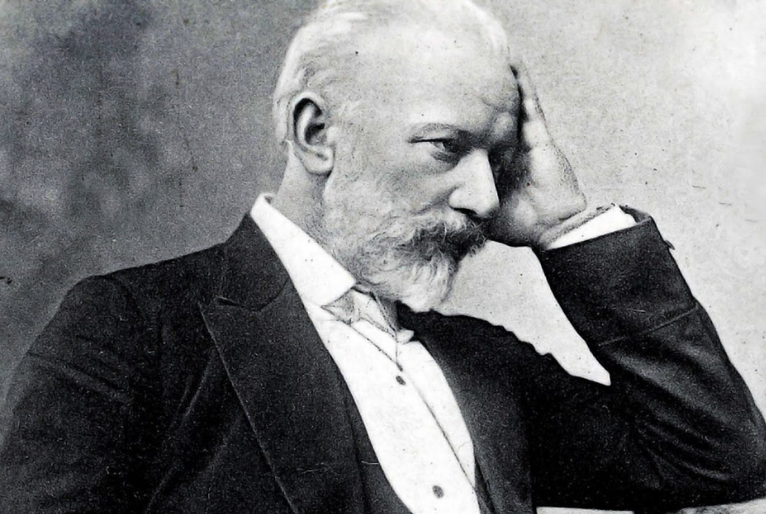Introduction
Swan Lake, one of the most famous and beloved ballets, is a masterful work by the celebrated Russian composer Pyotr Ilyich Tchaikovsky. First performed in 1877, the ballet tells the haunting tale of love, deception, and transformation, set against the backdrop of a timeless fairy tale. Despite its initial lukewarm reception, Swan Lake has grown into a staple of classical ballet, captivating audiences worldwide with its powerful music and poignant story.
The Genesis of Swan Lake
The origins of Swan Lake trace back to a request in 1875 from the Bolshoi Theatre in Moscow, which was searching for an original composition for a full-length ballet. At the time, Tchaikovsky was already well-regarded for his symphonic compositions but was relatively new to the world of ballet music. Inspired by European fairy tales and German folklore, Tchaikovsky eagerly accepted the commission and began work on Swan Lake, crafting a score that was unlike anything the ballet world had experienced.
The Story of Swan Lake
Swan Lake follows the story of Odette, a beautiful princess cursed to live as a swan by day and as a human only by night. Prince Siegfried, on a hunting expedition, encounters Odette and falls deeply in love with her. However, the evil sorcerer Rothbart, who cast the spell on Odette, manipulates the prince into declaring his love for Rothbart’s daughter, Odile, who is disguised as Odette. The ballet’s climactic scenes revolve around themes of redemption, sacrifice, and the eternal struggle between good and evil.
Tchaikovsky’s Groundbreaking Composition
Unlike many of his predecessors, Tchaikovsky did not treat the ballet score as mere background accompaniment. Instead, he infused Swan Lake with symphonic depth, emotional intensity, and an unforgettable melody. From the moment the dramatic overture begins, the music pulls listeners into a world that is as beautiful as it is tragic. Tchaikovsky’s use of recurring musical themes and motifs allowed him to mirror the characters’ emotions, transforming the music into a storytelling device in its own right.
The Premiere and Early Reception
Swan Lake premiered on March 4, 1877, at the Bolshoi Theatre, but its debut was not the success Tchaikovsky had hoped for. Critics and audiences found the production lacking in cohesion, with criticisms focusing on the choreography, which was described as uninspired, and the sets and costumes, which were seen as unremarkable. Although Tchaikovsky’s score was praised for its creativity, it was deemed overly complicated for a ballet, and some felt it overshadowed the dancers.
Despite these critiques, Swan Lake continued to be performed periodically over the years, though it was modified by various choreographers in an attempt to make the work more suitable for audiences of the time.
Revival and Legacy
After Tchaikovsky’s death in 1893, the legendary choreographers Marius Petipa and Lev Ivanov decided to resurrect Swan Lake, reinterpreting and refining the ballet with a fresh artistic vision. Their 1895 production at the Mariinsky Theatre in St. Petersburg is widely credited with securing Swan Lake’s status as a masterpiece of the ballet repertoire. Petipa and Ivanov introduced new choreography, including the iconic “White Swan Pas de Deux” and the famous “Dance of the Little Swans,” which became some of the most recognizable sequences in ballet.
Swan Lake Today
Today, Swan Lake is performed by ballet companies across the globe and is celebrated for both its technical demands on dancers and its powerful storytelling. The ballet has inspired numerous adaptations, including film interpretations, contemporary dance productions, and even popular culture references, solidifying its place in the arts.
The Timeless Appeal of Swan Lake
The enduring popularity of Swan Lake lies in its universal themes of love, betrayal, and redemption, set to Tchaikovsky’s unforgettable score. Its ability to move audiences, combined with the visual beauty of its choreography and staging, has made it a timeless work of art. As new generations of dancers, musicians, and audiences experience Swan Lake, the ballet continues to enchant and inspire, securing Tchaikovsky’s legacy as one of the greatest composers of all time.


Comments are closed